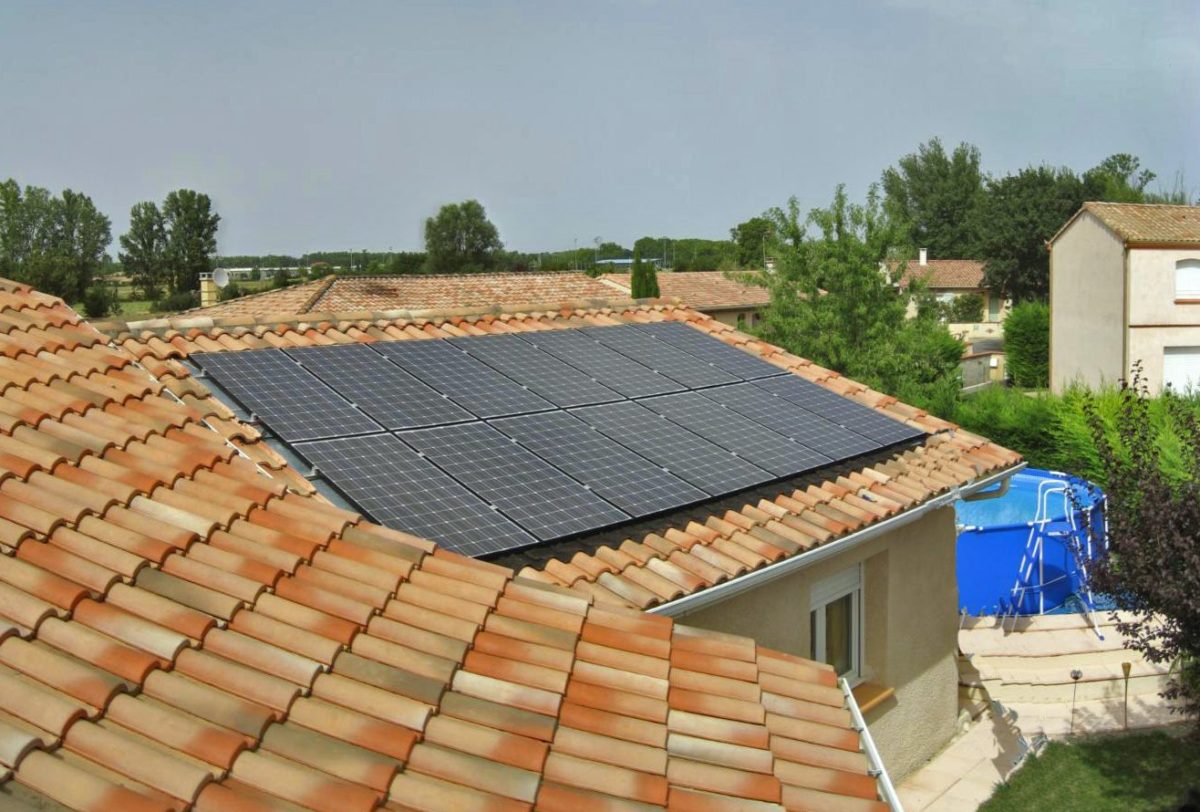The European Commission announced that it has approved three initiatives for small-scale onshore wind, solar and sewage gas installations in France under EU state aid rules. One of these initiatives if the regulation for self-consumption recently announced by the French government.
The EC stressed that PV installations up to 100 kW installed under the scheme will be entitled to receive a 20-year FIT for the power surplus injected to the national grid. The EC specified that remuneration varies according to the size of the installation and the business model, which can enable a PV system owner to inject all or part of its power output into the grid.
The EC highlighted that the French government hopes to install up to 2.1 GW of new PV capacity under the scheme.
France’s Parliament gave final passage to a law that regulates the installation of renewable energy systems for self-consumption in early March. At the time, the FIT was not confirmed, although the government said it was planning to provide an incentive for PV systems not exceeding 100 kW.
Popular content
Prior to this regulation, renewable energy projects for self-consumption have seen limited development in the country, due to the lack of clear rules and low return on investments. French Minister of the Environment, Energy and the Sea Ségolène Royal said that the new rules will immediately relate to about 5,000 renewable energy power system operators, which are already concerned with self-consumption.
The new regulation is expected to set lower grid-fees for consumers that own renewable energy and PV power systems for self-consumption with a capacity of up to 100 kW, and to exempt operators of PV plants up to 1 MW from the payment of the CSPE, a levy on power end-customers’ bills to raise funds for France’s renewable energy programs, and other local taxes on the final electricity consumption, for the part of power consumed at the site where the electricity is generated.
This content is protected by copyright and may not be reused. If you want to cooperate with us and would like to reuse some of our content, please contact: editors@pv-magazine.com.



Any idea when the FIT will be announced?